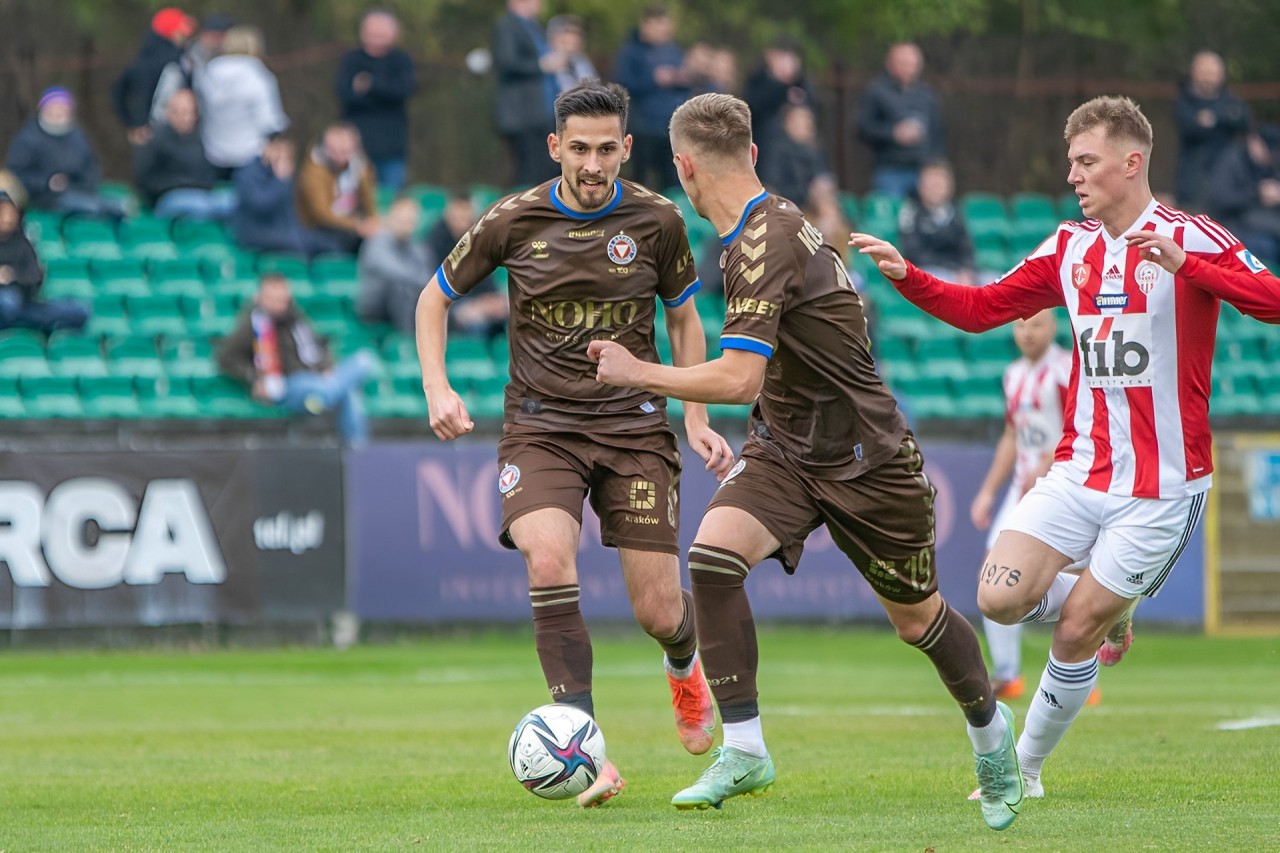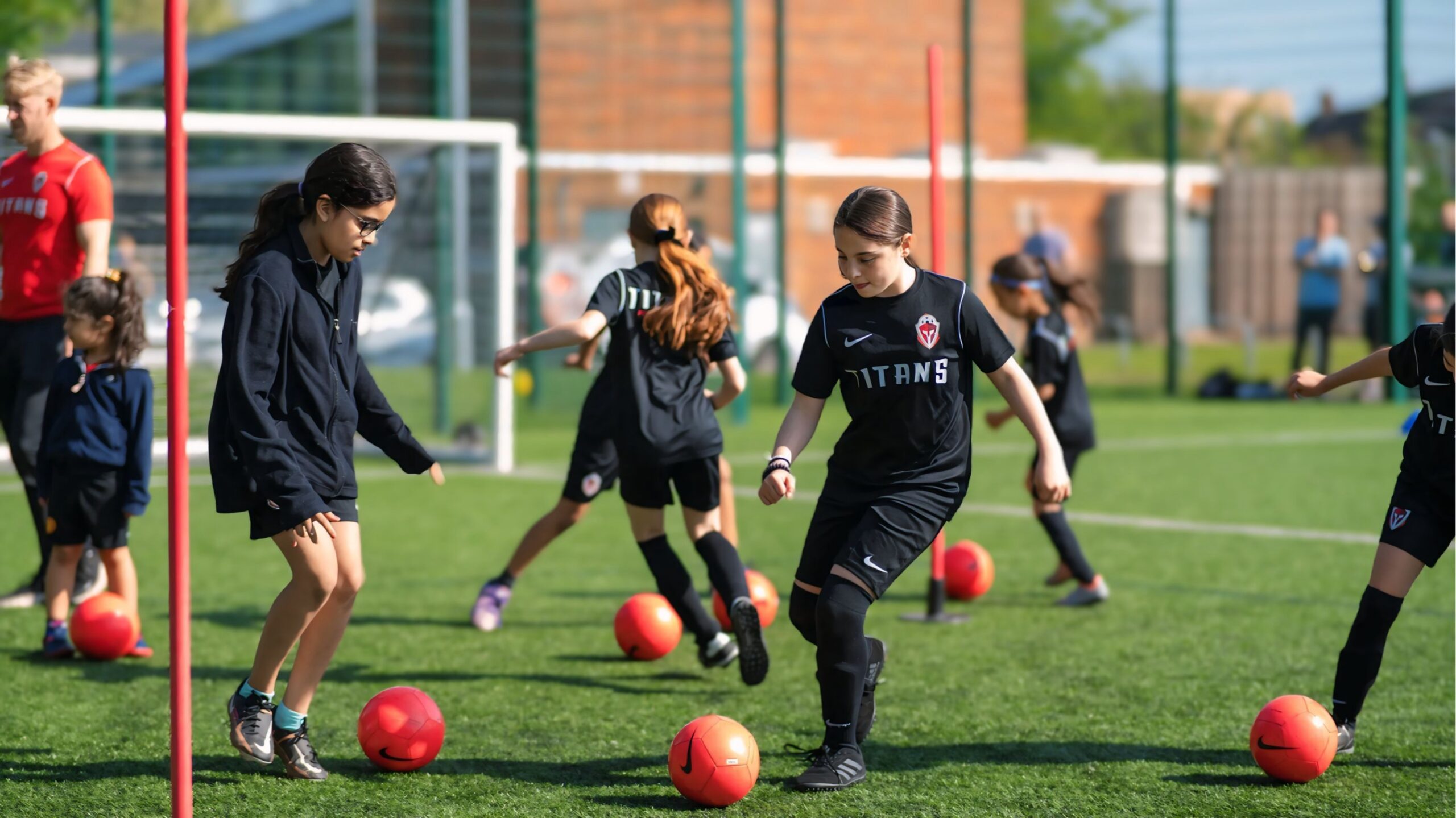Introduction
Youth football programs play a pivotal role in shaping young athletes’ lives. These programs are not only focused on developing players’ football skills, but they also emphasize character building, teamwork, and discipline. As grassroots initiatives grow, more communities are witnessing the positive impact that these programs have on kids and teens.
This article explores how youth football programs contribute to both the athletic and personal development of young players, ultimately fostering a new generation of football talent.

The Value of Youth Football Programs
Youth football programs provide a structured environment for young players to hone their skills. For children and teens, these programs offer much more than just a place to play; they are an avenue for learning essential life skills.
Through practice, guidance, and mentorship, participants develop perseverance, focus, and a passion for the sport.
Skills Development
From dribbling to shooting, young players receive guidance on essential techniques and strategies. Trained coaches teach not only the physical aspects but also tactical and mental skills that aid in players’ development. These experiences set a foundation that young players can build upon as they progress through different levels.

Life Skills and Teamwork
Youth football is not just about scoring goals it’s about teamwork. These programs emphasize the value of collaboration and respect for others. Children learn to communicate effectively and work towards common goals, experiences that help in school and beyond.
Community Impact of Youth Programs
Youth football programs foster a sense of unity within communities. Local businesses often sponsor these teams, and families from diverse backgrounds come together to cheer on their children.
In many cases, these programs provide scholarships or free access for low-income families, ensuring that all children can participate, regardless of their financial background.
Opportunities for Growth
For many aspiring players, youth football programs are their first step toward a professional career. Scouts and coaches frequently attend youth tournaments, seeking out talent for regional academies or clubs.
Even for those who don’t pursue football professionally, the experiences and friendships they gain are invaluable.
The Role of Mentorship in Youth Football
Mentorship is a cornerstone of youth football programs. Coaches and older players guide younger participants, sharing insights and advice. This mentorship often extends beyond the field, helping kids navigate challenges in life.
Positive Role Models
Through these programs young players find mentors who teach them the importance of commitment and hard work. This guidance helps them in every area of life, instilling confidence and resilience.

Conclusion
Youth football programs are powerful tools for shaping young lives. They help build the next generation of football stars, instill essential life skills, and create bonds that strengthen communities.
With a focus on both athletic and personal growth, these programs ensure that the beautiful game continues to inspire young players for generations to come.




